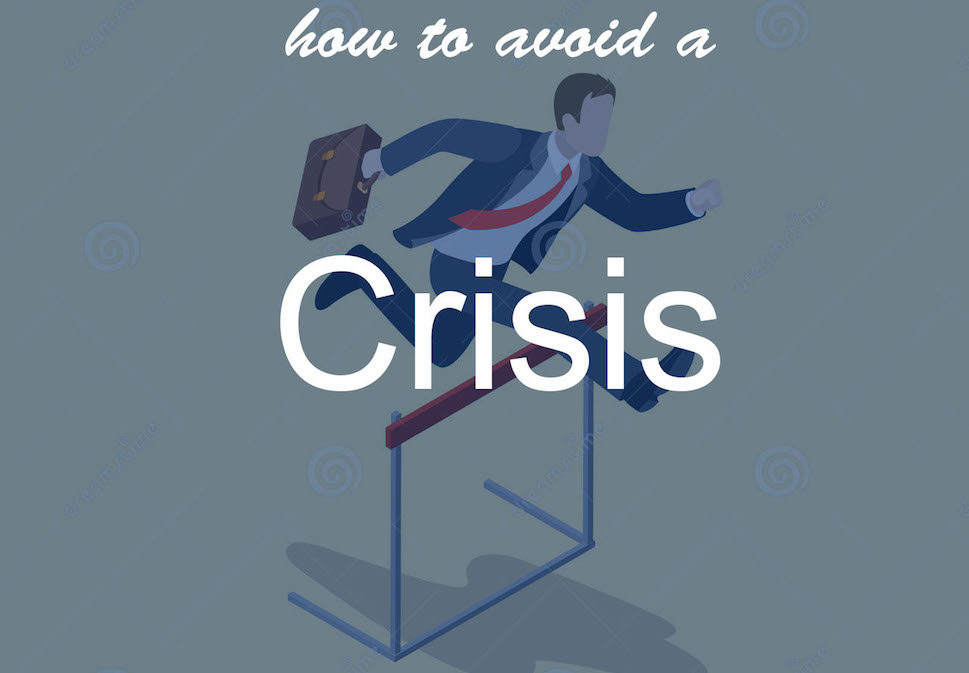Developing a global mindset means accepting that our values and our ways of doing business don’t have the same meaning , or perhaps even work, for our counterparts in other cultures. To have a global mindset is to get beyond the trap of believing that what has worked for us and our organization in our country, will work to the same degree in another country .It may or may not . But it won’t work to start with the assumption that we will be successful forcing our ways onto the other culture.
Looking at Global Mindset
How do most of us make decisions? By default! We choose brands ,styles, food, hobbies, friends, co-workers and careers that feel comfortable and familiar to us .We are often shaped by outside factors that push and pull us in different directions. Some people say it takes 10,000 hours to truly master a skill .How many of us plug away at the uncomfortable edge of the learning curve for those 10,000 hours just to learn a new skill? Most of us prefer to pull back and enjoy the experience of short-term gratification, albeit at some lower level of expertise, rather than continue pushing through those many unrewarding hours to real mastery. Mastery has become a lost art. Even more difficult is the task of understanding a trade or a skill outside of the context in which we learned the skill .When we are asked to remove ourselves from our common practices and rituals , and shift to a mindset that is conscious of global influences and impressions, most of us may feel some hesitancy and caution.
Consider the basic act of communicating. Let’s assume for a second English is your first language . In the United States, Canada , and many other parts of the world ,you would have no problem communicating with a taxi driver, hotel clerk , or restaurant owner. As long as he or she spoke English ,you will be fine .But if you found yourself in a foreign country, one whose natives speak little English ,the simple task of asking for directions or paying for a bottle of water could be enormously more complicated.
It’s not easy to immerse oneself into an unfamiliar culture for an extended period of time .This is not a common practice and we often feel somewhat shy and not as confident in our abilities. It’s even more difficult to go to a distant land with the goal of establishing or building a successful business in that new culture . If we can’t communicate on a personal level, how can we do so on a corporate level? Speaking the language is just the first step .Once we can overcome the language barrier, the next step is to study the culture and behavioral norms. There seems to be a never-ending learning curve-ranging from local business laws and practices, managing talent, how business decisions are made ,how to appeal to the local consumer, to how people think and relate to one another. In the global marketplace talent and consumers come from multiple geographic locations, making the cultural environment so multifaceted it’s hard to imaging anyone responding with fitness to every cultural equation . It takes time, effort, and the willingness to immerse oneself into the nuances and experiences of a whole new world.
Cultures differ as much as creatures in the ocean . There are thousands of regions, cultures, business practices, and socially accepted behaviors. To understand the context of your global scenario is to have a fast track to achieving your overall business goals. Simply because one formula works in one global market doesn’t mean it will work in another . But as an individual who has decided to read this book, you already recognize this notion. In the past twenty years ,China has rocketed into the spectrum of global importance and business development, Some of the biggest business deals and agreements are occurring in this remarkable part of the world .While the speed in which business is accomplished in China is extraordinary, it comes with an entirely new set of business norms and behavior .
摘录于:《Global Mindset Leadership》



